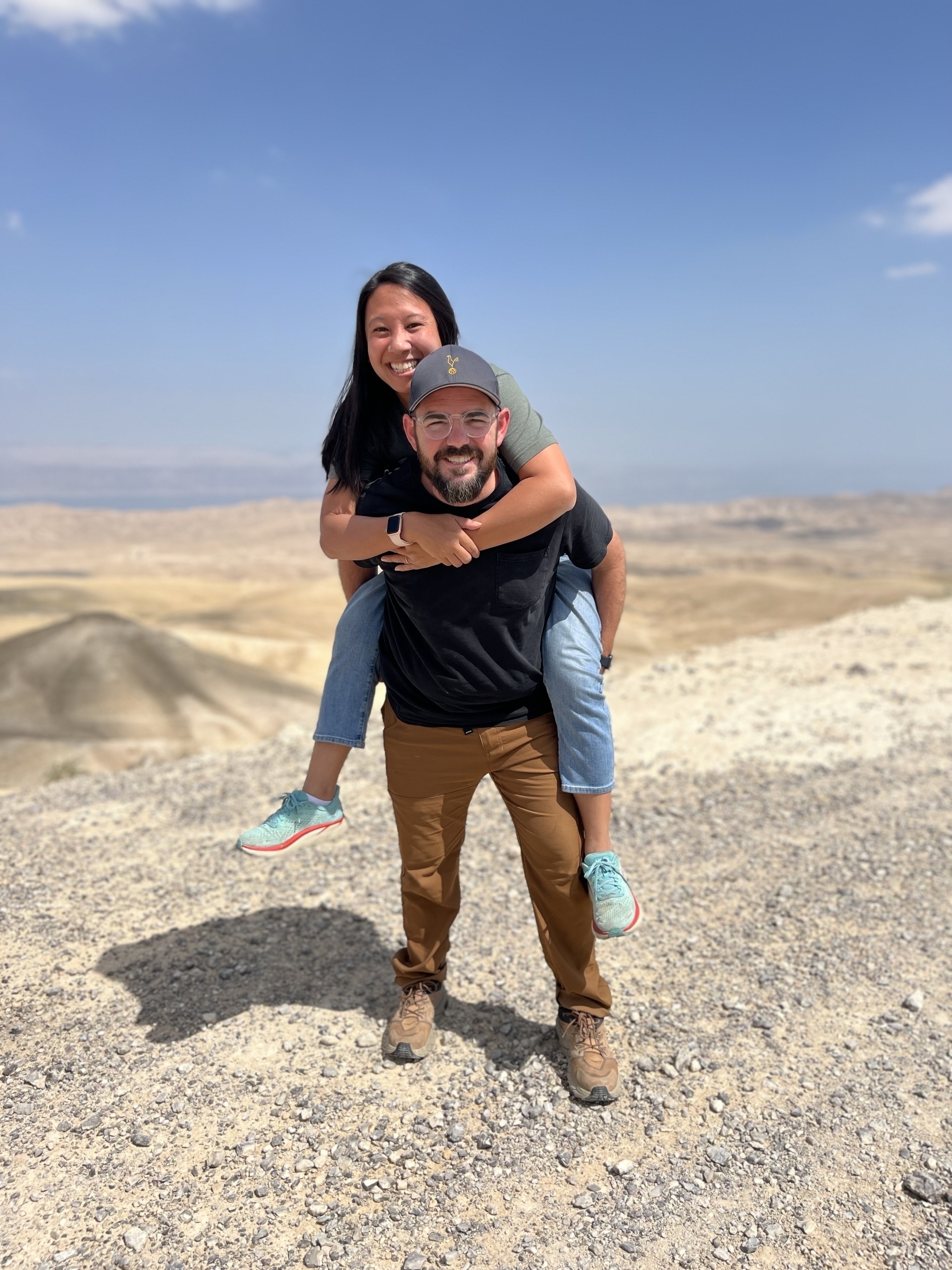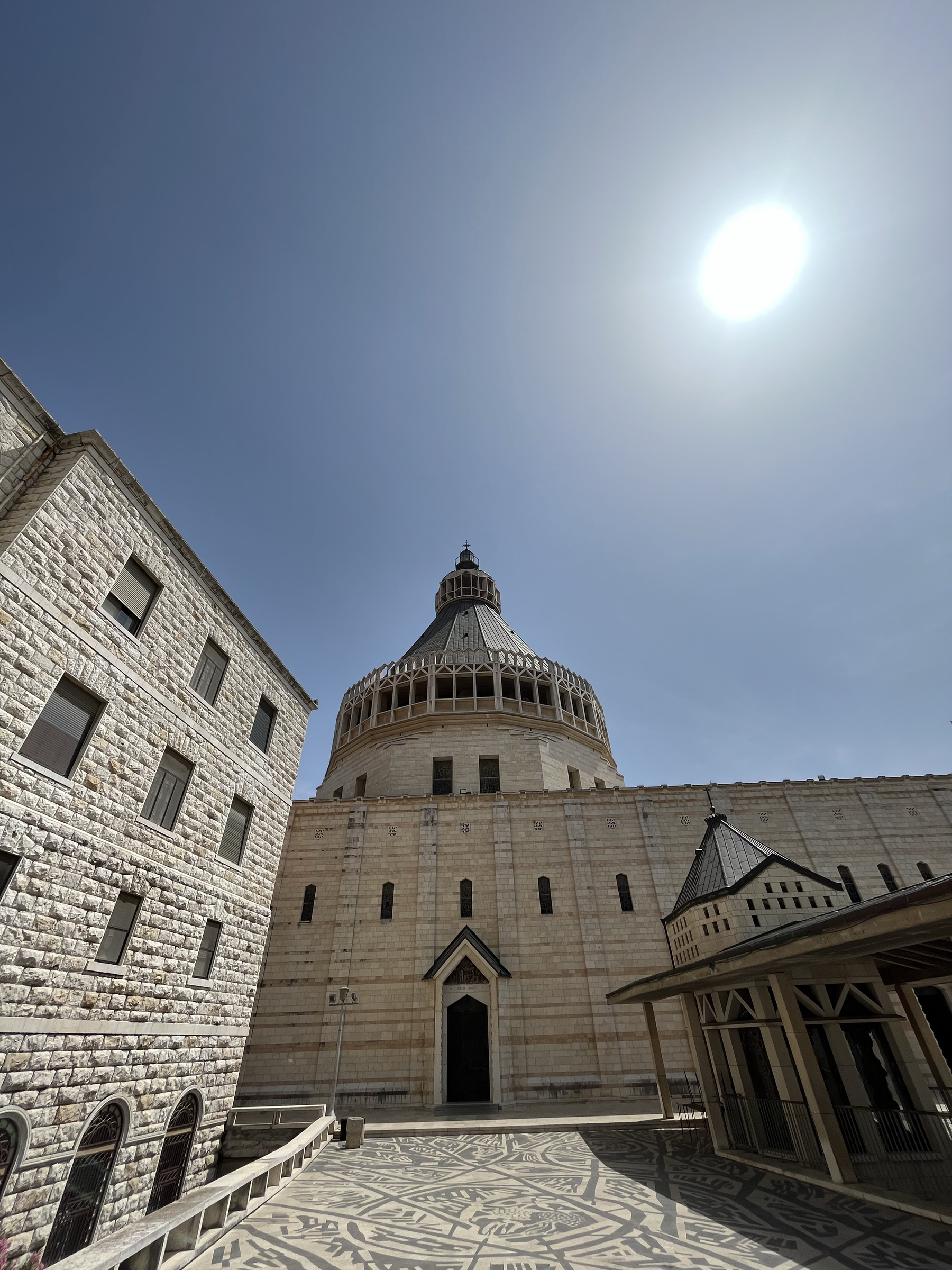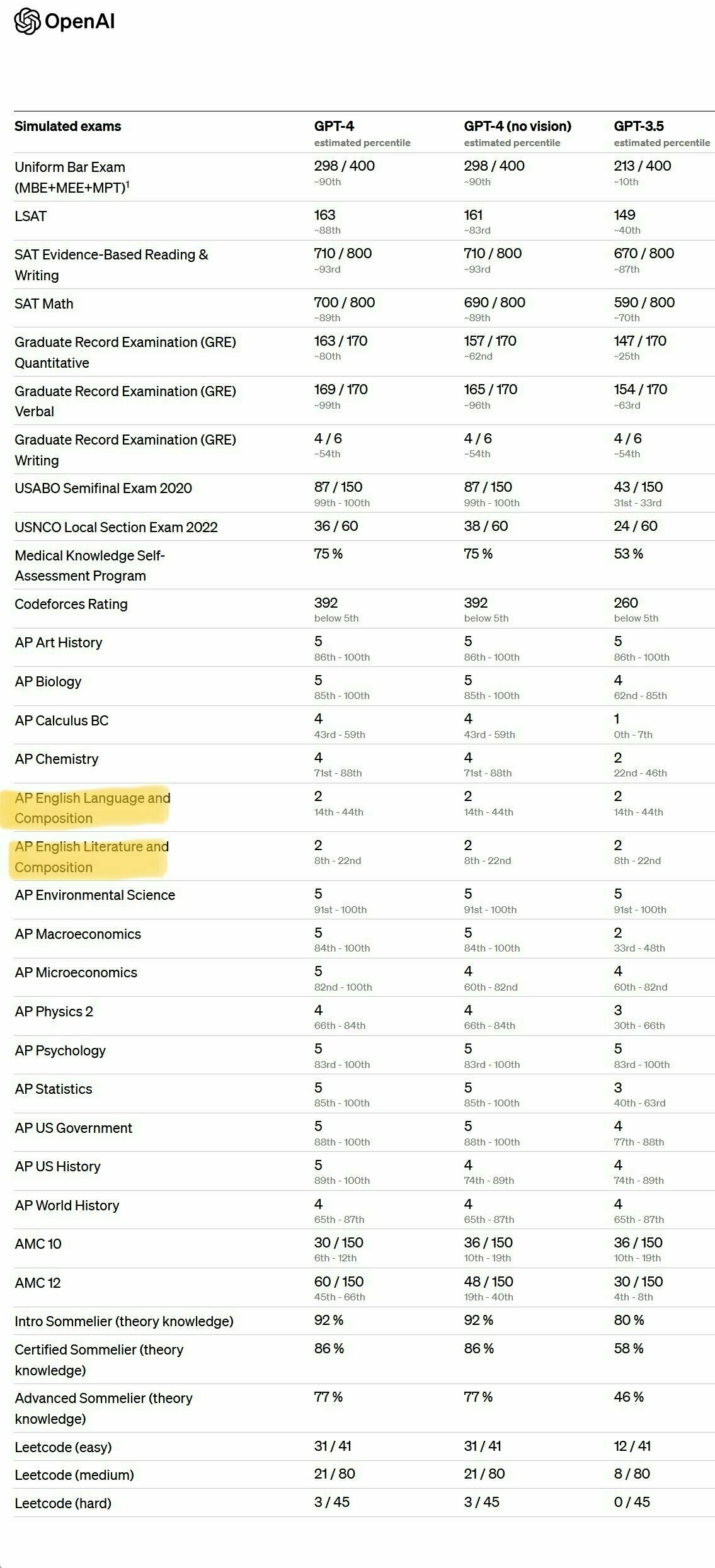In the Judaean desert, on an unexpected trip of a lifetime a week before our 15 year anniversary.

In the Judaean desert, on an unexpected trip of a lifetime a week before our 15 year anniversary.

Church of the Annunciation, Nazareth.

The paragraph below, from Alan Jacobs, is an important one to comprehend. The rest of his post helps frame some of the wider issues at hand, and points to other helpful works for those seeking to read more widely on these things. I want to make a stronger argument: that the distinctive “occupational psychosis” of Silicon Valley is sociopathy – the kind of sociopathy embedded in the Oppenheimer Principle. The people in charge at Google and Meta and (outside Silicon Valley) Microsoft, and at the less well-known companies that are being used by the mega-companies, have been deformed by their profession in ways that prevent them from perceiving, acknowledging, and acting responsibly in relation to the consequences of their research.
The World, the Flesh, and the Devil. These are the three forces that aim to tear down the creatures of God. And in the Good Shepherd discourse, Jesus sets himself against the final of these forces: evil itself..
What an exciting turn of events it would be to see Wrexham promoted to League Two and Chelsea relegated to the Championship in the same season.
Not entirely likely, but certainly possible.
Being part of a Diocesan email listserv and serving as a parish priest both mean that I regularly read announcements of death. This also means that I regularly read about death in theologically rich language.
Our sister in Christ was born into the greater life. May she rest in peace, and rise in glory. Light perpetual shine upon her.
You happen to be a student at a fascinating moment in the history of information and technology. It is not unlike being a student in the years when the search engine, or the personal computer, or even the printing press were first popularized. ChatGPT, and other instances of AI, offer a new way of interacting with information. Decades ago the search engine revolutionized research by giving all of us access to a seemingly endless number of sources.
Soccer is an icon of virtue ethics, and as such it is a form of leisure that points us to what it means to be a moral creature.
I am encouraged by many things this evening, but I would like to name two of them. First, I am encouraged to know that this is a place where students are trained to think deeply, slowly, and theologically about things that matter a great deal. Juniors, your presence here this evening and your work this year is a testament to the many ways you are growing in wisdom and virtue. Well done.
If It Be Your Will by Leonard Cohen is sung from the perspective of Jesus from his arrest and trial through the harrowing of hell, right?
All this he did for you.In a cold, dark, room somewhere abroad a small group of naked, tired, hungry, and defeated captives are huddled in the corner. They’ve lost count of the hours, days, weeks, and years since they've experienced anything close to a normal life. One night, in the middle of a monsoon, an explosion sends a wooden door, now shattered to pieces, across the room. Light floods the room in the form of half a dozen headlamps.
Learning from Jesus “on the night in which he was betrayed.”In first-century Galatia, a small but powerful group of teachers insisted that anyone who wanted to become a Christian must show that they are truly Christian through some outward sign. A very specific outward sign, in fact: circumcision. After dismantling this argument throughout his letter to the Galatians, St. Paul proposes his own outward sign of the Christian faith. In what has since been dubbed the “Fruit of the Spirit,” he lists several outward signs (fruit) of a life indwelled by the Spirit.
Because of our sophisticated watches and our ability to schedule our days down to the minute with the push of a button, it is easy for us to misunderstand what time is and how it actually works.
Not all weeks are created equal. And this is no ordinary week.
This is no ordinary week.A quick note before this edition of the newsletter: Holy Week culminates in a final service on Saturday Evening: The Easter Vigil. If you happen to be in the Dallas area this Easter, come see us at Church of the Incarnation for what I find to be the most moving of all services of the Christian Year. I will be teaching a History & Traditions class at 7pm ahead of the service, which begins at 8pm.
To all those who love soccer, and to those who don’t but love someone who does.
The dedication page of Laurent Dubois’ The Language of the Game
One of Josef Pieper’s central claims in his 1948 Leisure: The Basis of Culture is this: we place too much value on hard work, and as a result our happiness, productivity, art, and ability to flourish as a human society is suffering. Here are just a few nuggets from the book: The inmost significance of the exaggerated value which is set upon hard work appears to be this: man seems to mistrust everything that is effortless; he can only enjoy, with a good conscience, what he has acquired with toil and trouble; he refuses to have anything as a gift.
St. Joseph is a model of quiet, often thankless work that paves the way for Jesus to be known and loved. The Feast of St. Joseph is usually celebrated on March 19th. When specific Feasts fall on a Sunday, their observance is usually transferred to the following weekday. This is because every Sunday is a Feast of our Lord’s Resurrection—and in that sense—the celebration of Jesus’ Resurrection is not shared with any other celebration.
What was before him appeared no longer a creature of corrupted will. It was corruption itself, to which will was only attached as an instrument. Ages ago it had been a person, but the ruins of personality now survived in it only as weapons at the disposal of a furious self-exiled negation.
Perelandra, C.S. Lewis, Chapter 12, during Ransom’s fight with the Unman.
GPT-4 scores well on a variety of common academic benchmarks, but I am most intrigued—though not surprised—by where it falls comparatively short:
AP Language and Composition (Rhetoric) and AP Literature and Composition.
These are the most humane benchmarks it has encountered.

A view from the Supporters Section after a late first-half equalizer this weekend. An early birthday + father’s day gift of FC Dallas season tickets being put to good use! FCD went on to beat LA Galaxy 3-1.